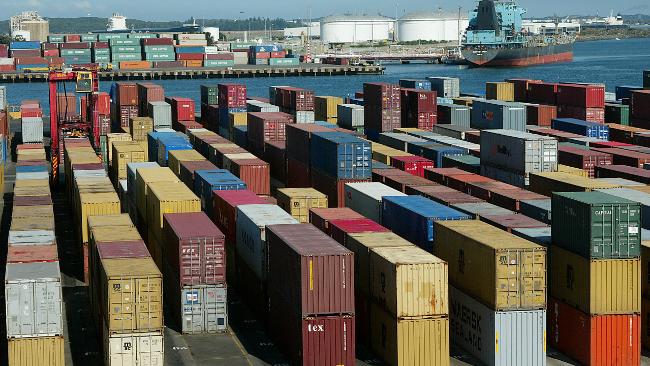Fitch Ratings has affirmed the Arab Republic of Egypt’s long-term foreign currency Issuer Default Rating (IDR) at ‘BB+’ and long-term local currency IDR at ‘BBB-‘. Both ratings have Stable Outlooks. Fitch has also affirmed the short-term foreign currency IDR at ‘B’ and the Country Ceiling at ‘BB+’.
"Egypt’s economy proved resilient to the global financial crisis and is now in recovery mode," says Richard Fox, head of Middle East and Africa Sovereign Ratings at Fitch. "Strong external indicators remain the key support for Egypt’s rating. By contrast, progress reducing high deficit and debt ratios will remain limited this year and inflation is a challenge in the face of rising food prices. The pace of reform has also slowed as elections loom and political uncertainties increase."
Egypt’s strong external indicators survived the global recession essentially unscathed. The current account deficit remains small and covered by FDI, reserves are rising again and Egypt remains a significant overall net external creditor, unlike most countries in the ‘BB’ and ‘BBB’ rating categories. The sovereign debt structure is comfortable, the debt service ratio low and external liquidity high.
The economy demonstrated increased resilience during the global recession, testament to the increasing diversity of growth drivers, encouraged by reforms since 2004. At its worst, GDP growth sank to 4.1 percent at the end of 2008 but recovered consistently to over 5 percent a year later and to approaching 6 percent now. Unemployment began falling again early in 2010.
Inflation is currently the main challenge for macro management. Headline inflation has fallen over the past year but rose slightly to 10.3 percent in December, while core inflation, excluding the most volatile prices, jumped to 9.3 percent. Egypt’s inflation has been consistently higher and more volatile than its rating peers and the tools available to the central bank to control it remain under-developed. With global commodity prices rising, and food having a high weight in both headline and core indices, there are upside inflation risks.
High inflation also hampers efforts to reduce the budget deficit through higher indirect taxes. The fiscal year 2011 budget (year to June 2011) envisages a slight reduction in the deficit to 7.9 percent of GDP, but this will hardly dent the debt ratio of over 70 percent of GDP, even if, as is often the case, the deficit comes in below budget. Moreover, rising commodity prices may increase pressure on subsidy and other spending. The government has restated its aim of reducing the deficit to 3 percent of GDP, but not until fiscal year 2015. A significant start towards this aim is unlikely until after this year’s presidential election. Fiscal weakness remains the main drag on Egypt’s rating.
On the structural front there has been some progress, with Egypt’s position in the World Bank’s “Doing Business” report rising close to its peers in the 2010 report. Per capita income has also risen relative to the ‘BB’ median since 2004, though the level is still 20 percent below the median. Although the resumption in growth is encouraging, reforms will need to be invigorated if growth of 6-7 percent is to be sustained, given low saving and investment rates and other structural constraints.
Presidential elections are scheduled for September 2011, with the ruling National Democratic Party scheduled to announce its candidate in July. President Mubarak has not yet announced whether he will run for re-election, but whether he does or not, Fitch’s base case is that reforms will continue, given the imperative of creating jobs for Egypt’s young and fast growing labor force.



